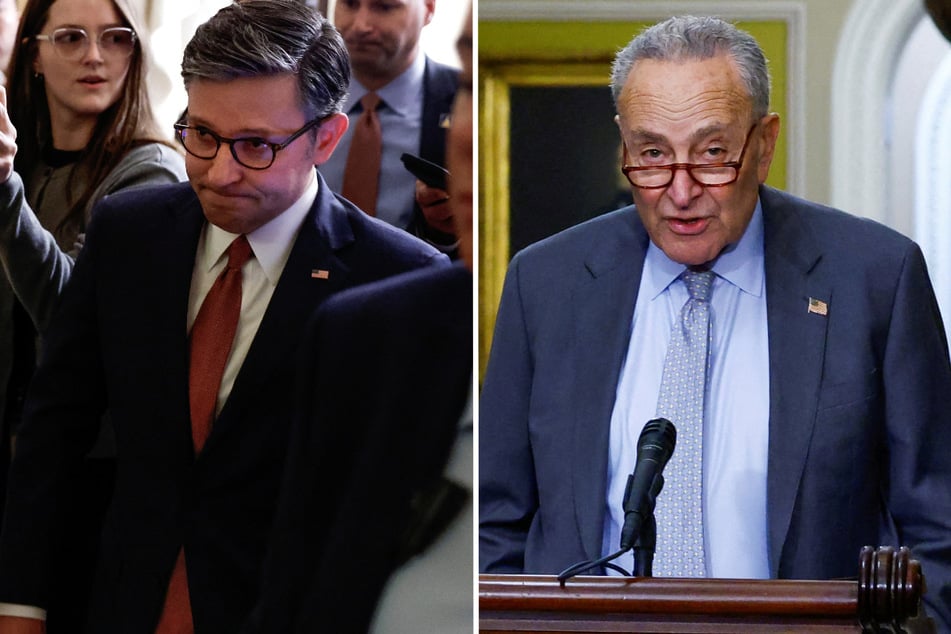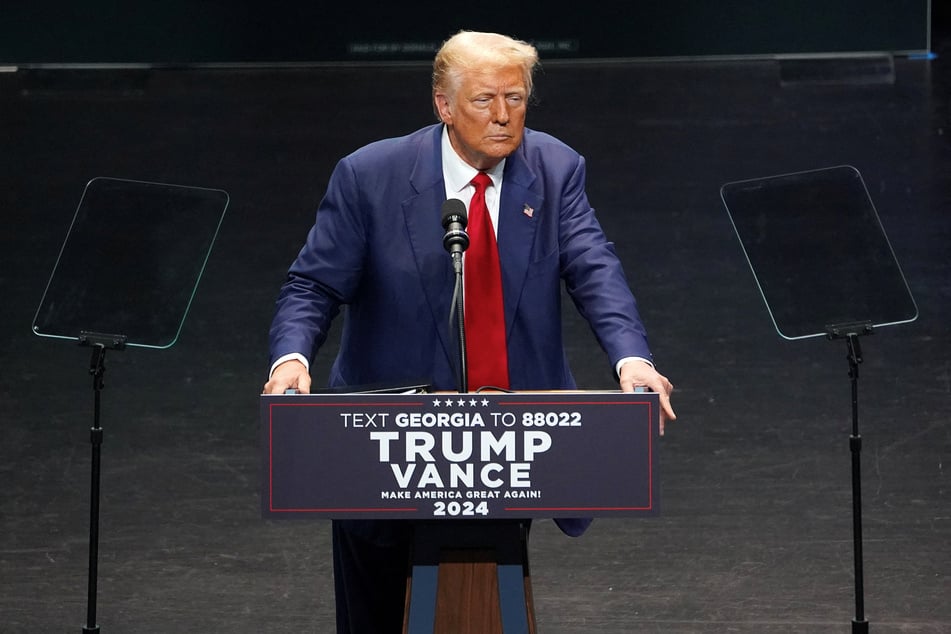Congress passes stop-gap government funding bill as Republicans defy Trump
Washington DC - Congress approved a deal Wednesday to avoid a government shutdown after lawmakers sent a stop-gap funding deal to President Joe Biden's desk that will keep the lights on through the US election.

The agreement – passed with cross-party support in both chambers – came ahead of a September 30 deadline to either approve a new government budget or begin shutting down federal agencies, just five weeks ahead of Election Day.
The measure, which needed huge Democratic support in the Republican-led House of Representatives to overcome a rebellion by several dozen conservatives, keeps the government operational at current spending levels until December 20.
It was rubber-stamped by the Democratic-controlled Senate within hours, as lawmakers keen to get back to their districts to campaign for the November 5 election ratcheted up the usual glacial pace of legislating.
"Americans can breathe easy that, because both sides have chosen bipartisanship, Congress is getting the job done," Chuck Schumer, the leader of the Democratic-controlled Senate, said in a statement.
"We will keep the government open. We will prevent vital government services from needlessly coming to a halt," Schumer said.
Republicans defy Trump's demands to shut down government

Although there was less of the drama that usually attends funding fights, a shutdown did at one stage look like a distinct possibility, worrying Republicans in the House as they seek reelection on November 5.
The stop-gap "continuing resolution" was required because neither chamber had been able to agree on the various departmental budgets for the full 2025 fiscal year, starting October 1.
Last week, hardliners pushed for a bill that would have extended funding through March next year, paired with the SAVE Act, which would add proof-of-citizenship requirements to voter registration.
Donald Trump, who continues to lie about being cheated by voter fraud in the 2020 election, has been lobbying for House Speaker Mike Johnson to add the election measure.
The plan was dropped as it became clear that it did not have enough support from Republicans – many of whom are against temporary funding bills as a matter of principle – and could not rely on Democratic votes.
Trump urged House Republicans to shut down the government over the issue, but they rebuffed the former president in a rare move, and opted to pass the new non-partisan version of the bill that dispensed with the SAVE Act.
As part of the package, Congress approved more than $230 million for the Secret Service to increase protection for Trump – who has faced two assassination bids – and other candidates on the campaign trail.
Cover photo: Collage: REUTERS

